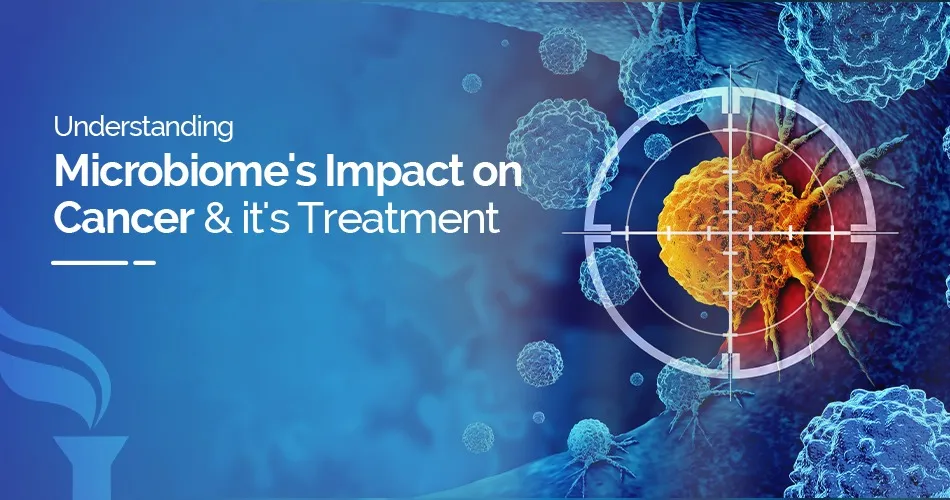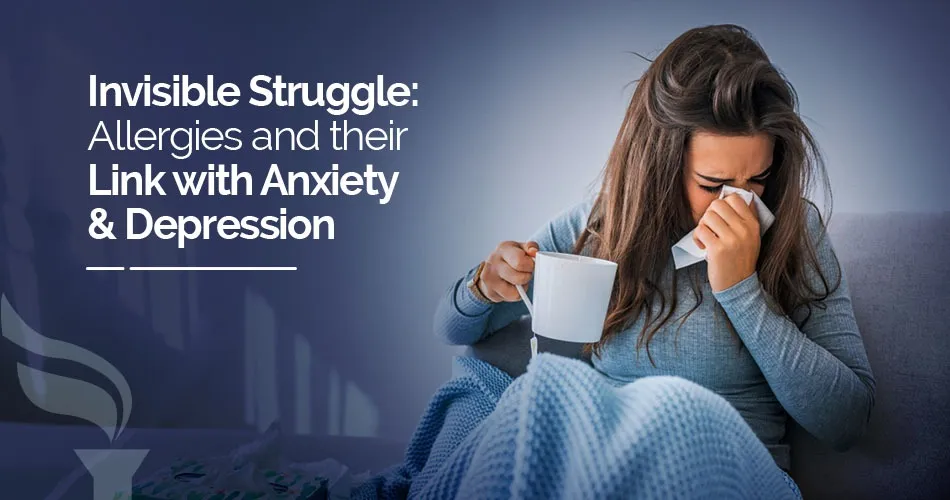Fatty Liver Diet: Foods to Eat and Foods to Avoid
Nov 11, 2022

In general, fatty liver disease in itself is not a serious condition and does not impede liver function. However, if left untreated, it can lead to inflammation of the liver, fibrosis, and cirrhosis. Cirrhosis is caused by severe liver damage and can lead to liver failure or liver cancer.
Another complication of fatty liver disease is hepatomegaly, which is an enlarged liver, as it increases their risk for type 2 diabetes, metabolic syndrome, etc. However, in the early stages, for treating hepatomegaly with fatty liver changes to lifestyle and dietary habits can go a long way in helping reverse the condition.
Diagnosis of Fatty Liver Disease
Often displaying no symptoms, fatty liver disease can go undetected for a long time, which is why the inclusion of a liver function test (LFT) in one’s regular health check is a must. If LFT results show elevated liver enzymes, like SGOP and SGPT, they may be indicative of liver damage and are ideally followed by further testing like a biopsy, ultrasound, CT scan, etc. to detect conditions like fatty liver disease. The treatment of high SGOT and SGPT levels includes diet changes and lifestyle modifications, which is also a good way to lower one’s risk of developing various liver conditions.
Treating Fatty Liver Disease
Obesity and unhealthy lifestyle play a significant role in the development of fatty liver disease. That is why for fatty liver treatment, diet, exercise, and lifestyle changes are a prime requirement. The combination helps one lose weight, which addresses the conditions that lead to the development of fatty liver disease. In general, doctors recommend losing around 10% body weight (may vary with different cases) and for people who need to lose a lot of weight, weight loss surgery may be suggested. Even a 3-5% loss of body weight is enough to notice an improvement in one’s risk factors for liver diseases.
diseases.
Liver Healthy Foods
A doctor can help devise a suitable diet for liver problems like fatty liver disease, based on an individual’s overall health and requirements. However, a basic diet for fatty liver disease should include:
Leafy Green Vegetables
Compounds like nitrate that are found in leafy green vegetables help prevent the build-up of fat and can be included in a diet plan for fatty liver disease.
Fish
Fatty fish such as salmon, tuna, trout, etc. have high amounts of omega-3 fatty acids, which make them great food to cure liver problems like fatty liver disease. These fish help reduce liver fat, boost levels of good cholesterol (HDL) in the body and help regulate the triglyceride levels. Given all these advantages, one should include these fish in their diet along with the treatment for fatty liver.
Garlic
Garlic is a super food that helps reduce body weight and fat. A diet for fatty liver treatment can include fresh garlic or garlic powder.
Coffee
Coffee has been used to help prevent fatty liver for years now, as the caffeine in it helps reduce the number of abnormal liver enzymes. It also helps reduce liver damage and inflammation.
Turmeric
Turmeric is a very commonly used spice that contains bioactive compounds with medicinal properties. Curcumin is an active ingredient in turmeric, which is known to reduce the markers of liver damage that are caused by non-alcoholic fatty liver disease.
Oatmeal
Fibre-rich foods like oatmeal are a must for any diet for a healthy liver. They not only help reduce the fat build-up in the liver but also help regulate triglyceride levels.
Foods to Avoid with Fatty Liver Disease
When devising a healthy liver diet, it is not only important for one to be aware of food that is good for the liver. Knowing what food is bad for the liver, which food can exacerbate the symptoms, etc. is also important. Here are some of the most common foods to avoid with fatty liver disease:
Red Meat
Saturated fat consumption can increase the amount of fat build-up around organs, including the liver, which can result in a number of health issues. Red meat contains high amounts of saturated fat and should be avoided by people who have fatty liver disease.
Foods with Added Salt and/or Sugar
Food items that have high amounts of added salt or artificial sweeteners should not be included in one’s diet if they are suffering from liver problems. They increase the calorie intake of a person and can result in unintentional weight gain, which is a major cause of fatty liver disease and several other health problems.
Refined Grains
Foods like white bread, pasta, etc. contain highly processed or refined grains, which are not fibre rich. Consuming these foods on a regular basis not only increases one’s blood sugar levels but also results in a higher chance of developing liver-related problems.
It is always best to consult a healthcare professional, who can help select the right food for fatty liver disease. Apart from following a proper diet, avoiding alcohol, getting conditions like diabetes and cholesterol in control, and ensuring ample physical activity in a day can also help. One can also try introducing a simple regimen for exercise at home for fatty liver disease management.
Related Blog Post
Blog Categories
- Child Health
- Mens Health
- Women's Health
- Mental Health
- Health Myths & Facts
- Fitness
- Nutrition/Recipes
- Remedies
- Weight Management
- Stress Management
- Health Supplements
- Addiction Management
- Disease Management
- Allergy
- Anemia
- Arthritis
- Asthma
- Autoimmune Diseases
- Blood Pressure
- Cancer
- Deficiencies
- Dengue/Malaria/Chikungunya
- Diabetes
- Eye Problems
- Heart Diseases
- Hepatitis
- HIV/AIDS/STD
- Hormonal Imbalance
- Infection/Flu/Viral
- Kidney
- Liver
- Menstrual Problems
- Pregnancy
- Skin & Hair Problems
- Stomach Ailments
- Thyroid
- Others
- Health Checkups
- Diagnostics/Pathology
- Lifestyle & Wellness
- Covid
- Medical Tests
- Cholesterol
- Health Tips
- Parent Care/Old Age
- Lungs
- Food Intolerance








